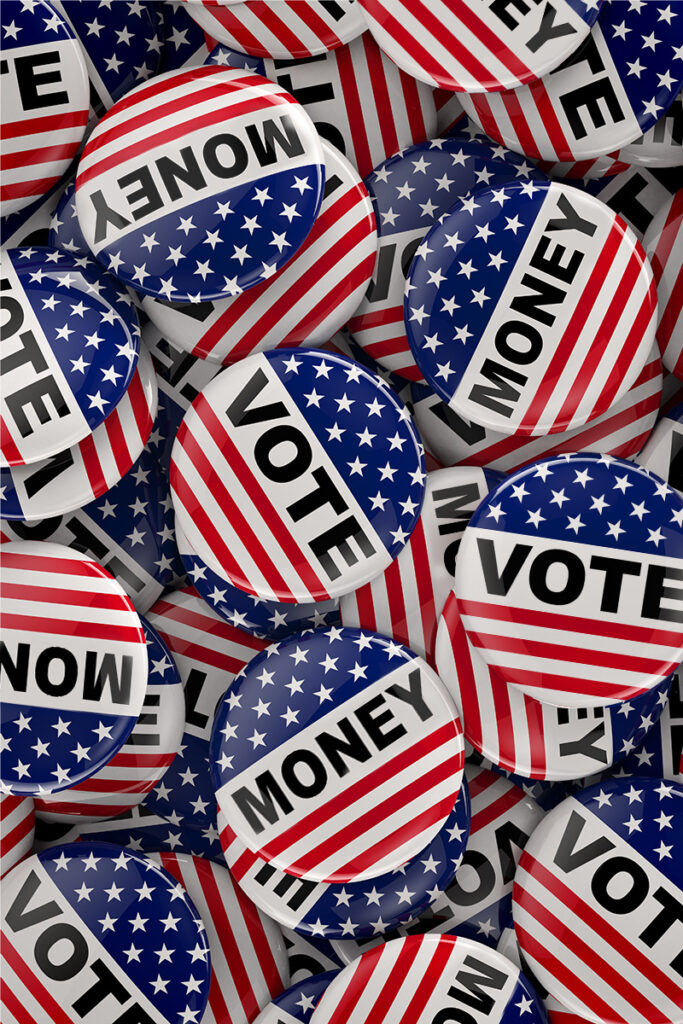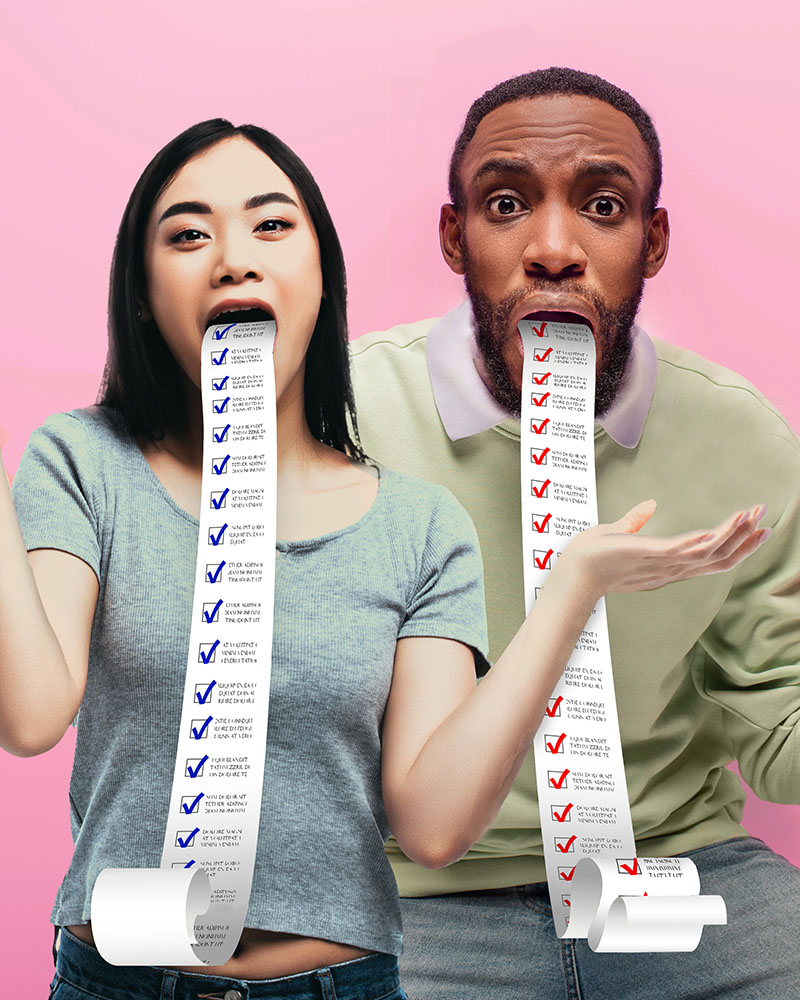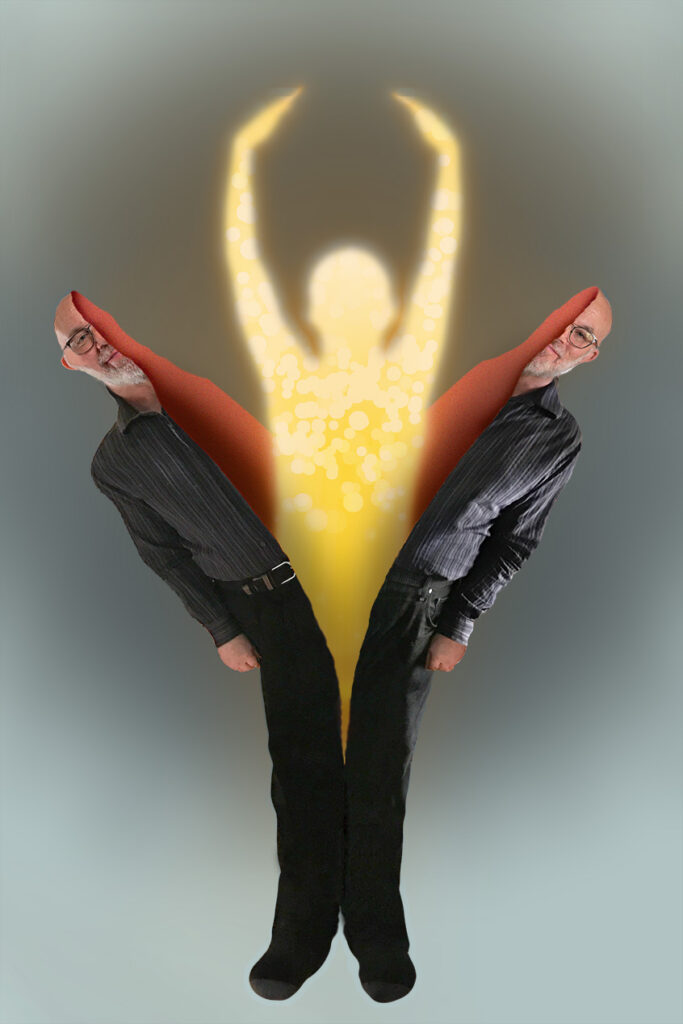I’ve written previously about how puzzled I am by the use of walkathons, bikeathons, and similar events as a way of soliciting charitable donations. If a friend were to come to you and say, “I’d like you to demonstrate your loyalty to me by contributing $50 to cancer research, which is a cause I strongly believe in,” I think most people would consider that rude —taking inappropriate advantage of a friendship. Yet if the same friend were to say, “I’ll be walking ten miles in support of cancer research, and I’d like you to sponsor me at a rate of $5 per mile,” that would be considered perfectly legitimate. I’m not sure why, since the only difference between the two cases is that the latter one requires the friend to engage in a thoroughly unproductive activity that does nothing to contribute to curing cancer.
Lately I’ve been having a similar reaction to the many requests I’ve been receiving — by email and, increasingly, by text — from political candidates asking me to contribute to their campaigns. That’s certainly considered legitimate, but I’m not sure why.
A contribution to a political campaign is not the same as a charitable gift. If I donate to a charity, it’s because I know that my contribution will support work that I consider valuable. But in the case of a candidate, even if I think that the candidate intends to work toward noble goals, my contribution does nothing to advance that work — it only indicates my wish for the candidate to be elected. If the candidate is not elected, my money has accomplished nothing.
You would probably object that my contribution doesn’t merely represent my desire for the candidate to get elected; it actually helps the candidate get elected. If that’s the case, perhaps my contribution should be thought of as an investment rather than a charitable donation. After all, if I invest in a business venture, I have no assurance that the venture is going to be successful; it’s quite possible that I’ll lose my money with nothing to show for it. But a campaign contribution is different from an investment in two important ways.
First, if I do invest in a business, it’s because someone has shown me exactly how my money is going to be used, and has demonstrated to me in detail how their plan for building the business is likely to pan out. With a political campaign, I have no idea how my money will be used, and I have no reason to be confident that my contribution will change the outcome of the race.
Second, my investment in a business buys me something. I become a part-owner of that business, and therefore benefit directly from its success. My contribution to a political campaign buys me nothing. You might argue that if my candidate wins, I will benefit from the policies that elected official will put in place, and that would constitute the payoff from my investment. But people who didn’t contribute to the campaign would get exactly the same payoff, so what is the benefit to me of making that contribution?
Well then, if donating to a political campaign isn’t equivalent to a charitable contribution, and it’s not equivalent to an investment, what is it? Perhaps it should just be thought of as gambling. I put down my money, and I either get the reward that I want, or I don’t. The outcome is a result of pure luck, or more accurately, a complex interplay of forces beyond my control.
You might say, as before, that the money I put into the system affects the outcome, and that therefore what I’m doing is technically not gambling. But there are plenty of other situations that are similar. If I buy more raffle tickets than any of the other participants, my chance of winning is better than theirs. If I drop quarters strategically enough into a Las Vegas quarter-pusher machine, I have a better chance of making a bunch of quarters spill over the edge. But in both cases, what I’m doing is still considered gambling.
As a rule, I don’t gamble, and so it would be easy enough for me to say that I therefore will ignore all of those requests for campaign contributions. And yet, that conclusion doesn’t feel right, either. As much as I believe that political candidates shouldn’t have to raise huge amounts of money to run for office, and that some sort of public financing is the best solution, it seems unlikely that any such thing will come about in the foreseeable future. We have a rotten system, but it’s the only system we have. I only wish that people would stop accepting it as reasonable and normal, in the way that they so inexplicably have accepted walkathons.



Recent Comments